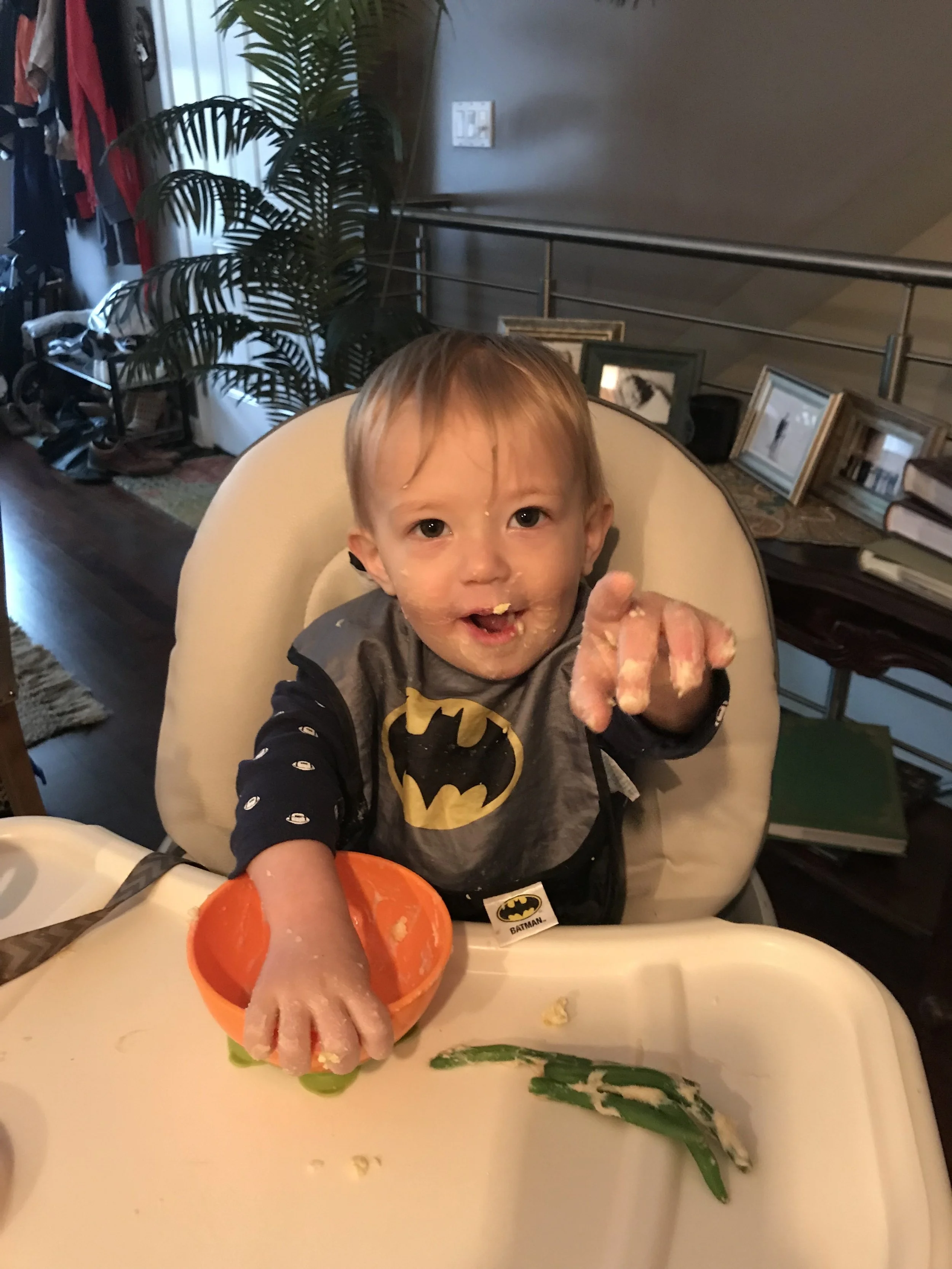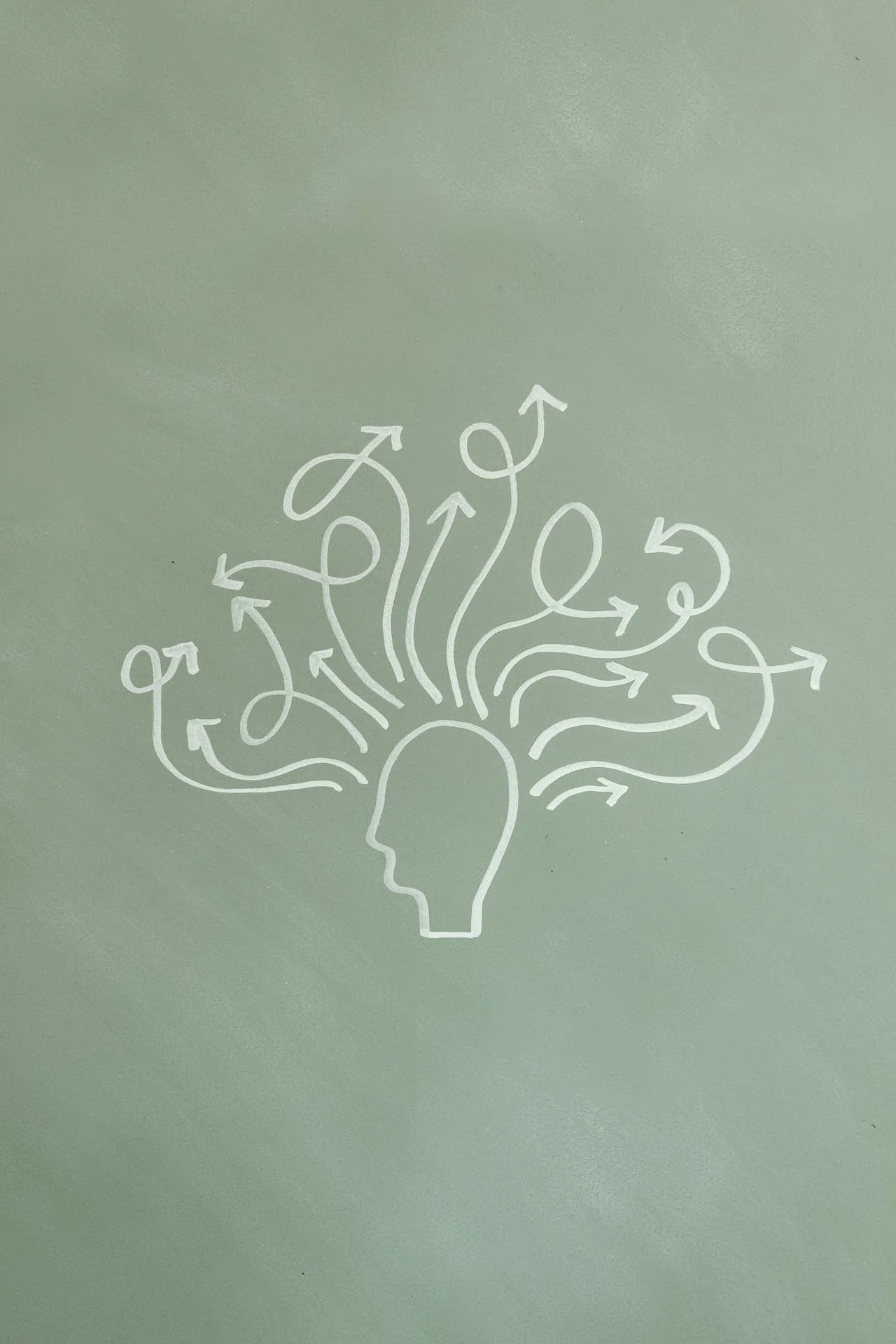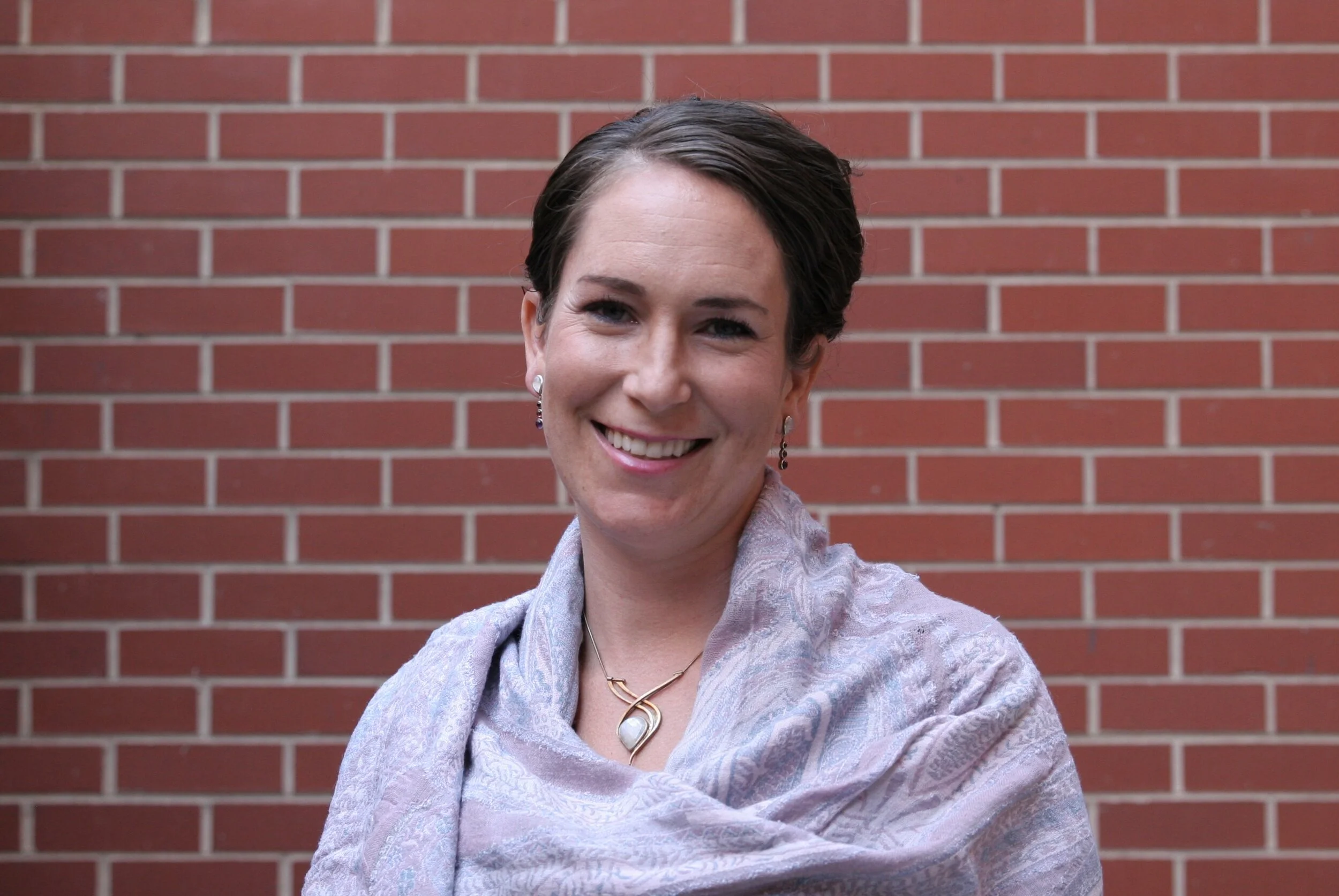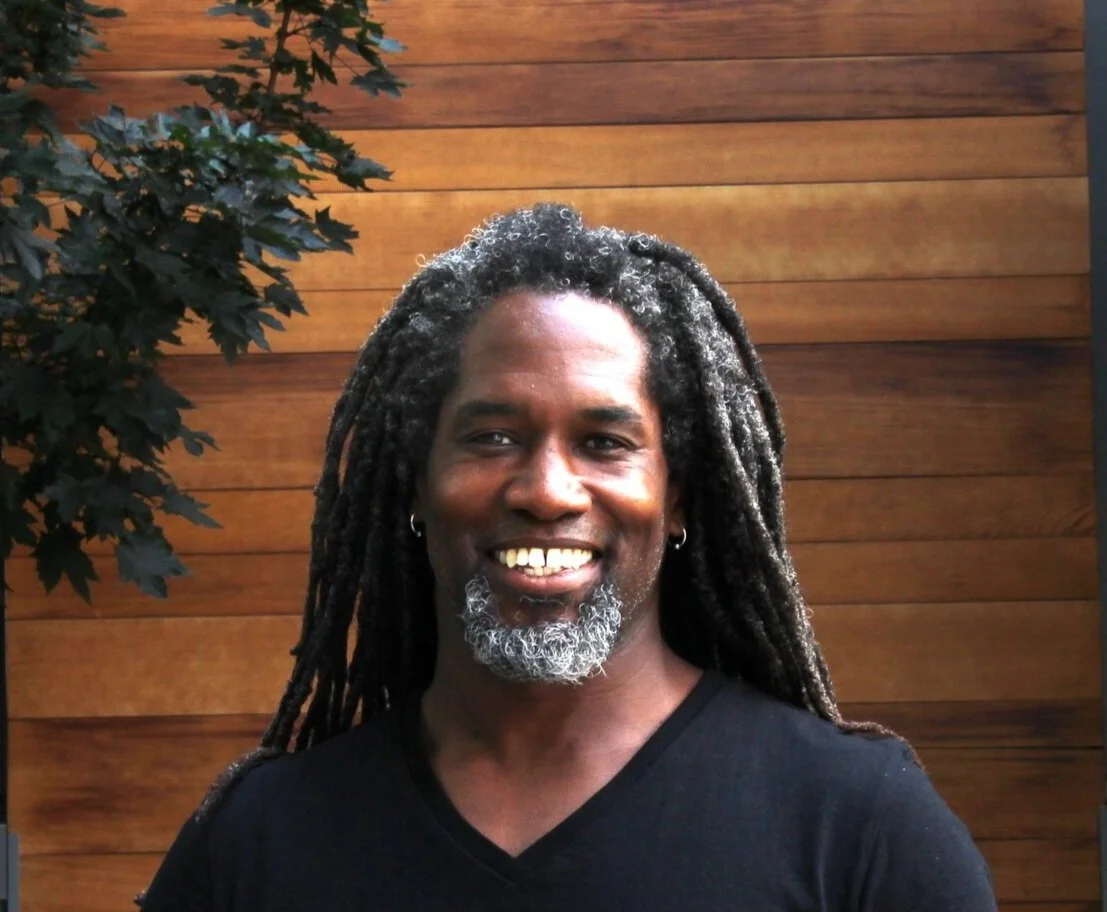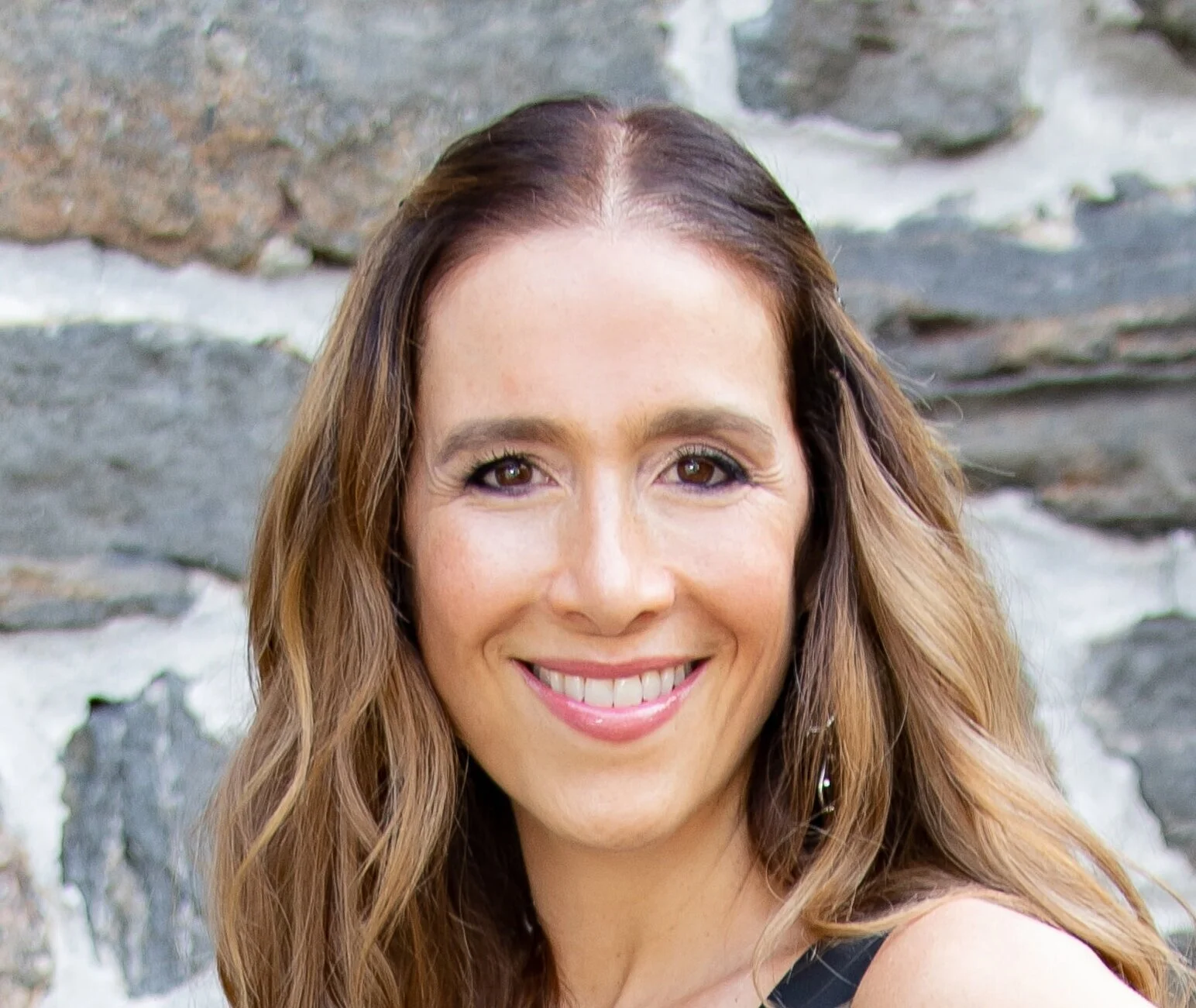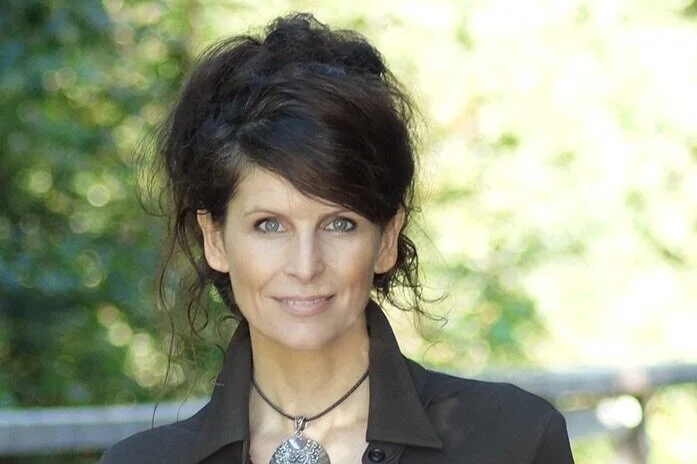The Big Aha Moment:
My 18 month old son, Preston, taught me how to manage stress more effectively without knowing it! What a smart little man! 😊
The reactive assumption, without breaking down this claim: Babies teach us nothing! They are little animals trying to survive in nature. What do they know!!!
The real breakdown: Giving birth to a child will change your life forever. You will always need to think about others, be mindful of your risk-taking behavior, plan ahead, focus on meaningful interaction, show empathy and sympathy…..wait a minute, shouldn’t we be doing this anyway (with or without a child)! In all honesty, my wife, Sammy, and I haven’t felt the drastic change in life that most people claim. The responsibilities and day-to-day specific approach may have been reshaped but the principles are the same. Although that’s true, Preston has inspired new approaches to managing stress. He unknowingly prepared a Stress 101 curriculum for his Dad: A model of human instinctual behavior. Without a doubt, it made rethink about my needs and how I structured my life to minimize stress. Here’s how:
Observation: I need to make my primary (survival) needs a priority before pursuing any secondary tasks/projects.
Personal Trainer Wisdom: A long time ago (when Preston was 0-8 months) Sammy and I relied on Preston’s cries to alert us of his basic survival needs: Changing his diaper, laying him down to sleep, giving him milk, making sure he’s not too cold, and making sure he’s not too hot. While a parent will always look for serious signs of discomfort or sickness as a caution, the primary focus is this list. If we fail to meet these demands, Preston’s cries, will, uhm, continue for a very long time (rightfully so).
Now, Preston’s ego has certainly kicked in, and life is more complicated (e.g., crying is a result of the inability to communicate in a way that we understand, the lack of attention, or the societal restriction of haphazardly tossing toys down the stairs). Although his cognitive brain may muddle what he needs in the moment and how he communicates it, Sammy and I still consider Preston’s survival needs as a first option. I take the same approach with myself when I experience discomfort or stress. Poor Preston can’t move on until we meet these needs, and I can’t either. And, yes, I’m a big baby.
Unfortunately, my advanced cognitive brain taught me to ignore or distract myself from these innate physical needs for most of my life. With my new observations of Preston in mind, I began asking the following questions: How often do I hold off eating lunch or visiting the restroom because I need to finish a computer project? How comfortable do I feel while ignoring these cues? What level of stress do I experience while “h-angry” or squirming in my chair? How often does it redirects my focus from the project at times? Does it contribute to a subtle (or not-so subtle) anxiety?
Once I considered these questions, I started to realize the level of discomfort and stress I created by ignoring my need to eat, sleep, or potty (think like Preston). Despite my efforts to suppress the need, it was still sitting in my unconscious and manifesting itself in a number of ways, including impatience, irritability, reactiveness, etc. In terms of creativity, effectiveness, and efficiency, I never want anything to become an obstacle to my success. Sometimes the most stressful situations in my life have been resolved with this renewed focus on my physical self. President Bill Clinton always fed diplomats before an important meeting and I will certainly continue to take the same approach with myself.
Observation: Routine Rules!
Personal Trainer Wisdom: Babies are creatures of habit and routine. Please let me rephrase this: ALL of us are creatures of habit and routine. Babies thrive on the predictability of a schedule. It isn’t a result of feeling cognitively satisfied with their adherence to a routine. They rely on physical cues to trigger action for food and sleep. The core system of their bodies loves to efficiently and effectively prepare for both (think hormonal release). Ever wonder why babies typically wake the same time every day? For some reason, Preston never realizes that it’s the weekend and that Mama and Papa want to sleep an additional 1-4 hours. He continues to wake at 7:15 am almost within 5 minutes every day (even on Saturdays!!!). While less convenient for sleeping parents, it contributes to a healthy lifestyle and proper recovery time. In a perfect world, I don’t need an alarm, and my body begins a systematic approach to slowly wake the body starting three hours before that typical time. What an efficient machine! The same process takes place with a consistent eating schedule. The human body wants to predict the next influx of fuel to use it in the most efficient manner (hence, the reason you’re hungry at noon on Saturdays if you typically eat every weekday at noon).
Of course, if we miss one of Preston’s naps, he reaches an epic level of irritability that’s difficult to calm. I can’t it’s much different when I’m overtired. If my body typically rests for the night at 11:30, it certainly gives me an internal physical smack until I succumb to its demand. I easily recognize when I’m pushing these limits and fighting my physical self (especially if I’m working on a work project late night). Unfortunately, the anxiety I feel as a result ends up affecting my ability to fall asleep when I eventually hit the pillow. A routine helps me become an efficient machine, and it will protect it as much as it comes. The more I fight it, the more discomfort I feel, and the same applies to the timing of meals.
